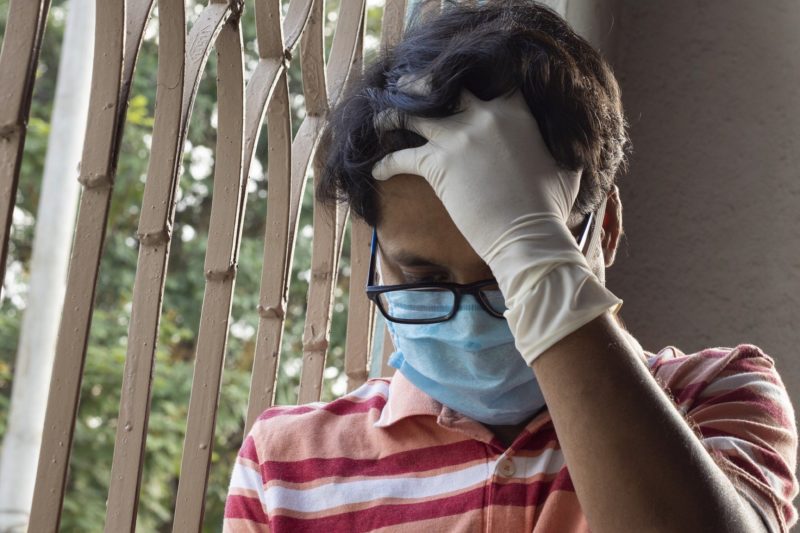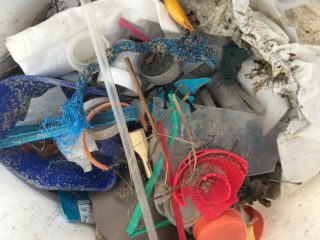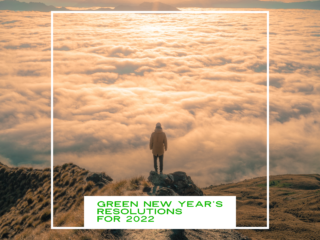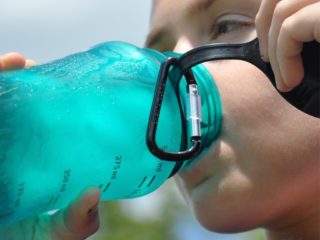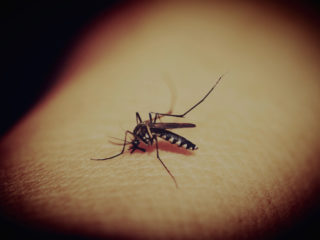After three months of coronavirus lockdown, my state, New York, is tentatively easing restrictions, allowing shops, restaurants, and groups of people to gather — socially-distanced, of course. It all sounds so exciting, with the prospect of finally seeing friends and family, or enjoying a meal, outdoors, at a restaurant.
But re-entry isn’t that simple. After months of isolation, it can be stressful to pivot suddenly from the cocoon of home life to an office setting or social interactions. What should be a welcome return to “normal” life can often be met with anxiety and fear.
To help cope with anxiety, whether you’re leaving lockdown or still in confinement, try these tips and stay green while doing it. Keep in mind that any lockdown “easing” still requires social distancing and adhering to safe hygiene practices. That means wearing your mask when needed and following the safety guidelines set by your community.
Take it Slow
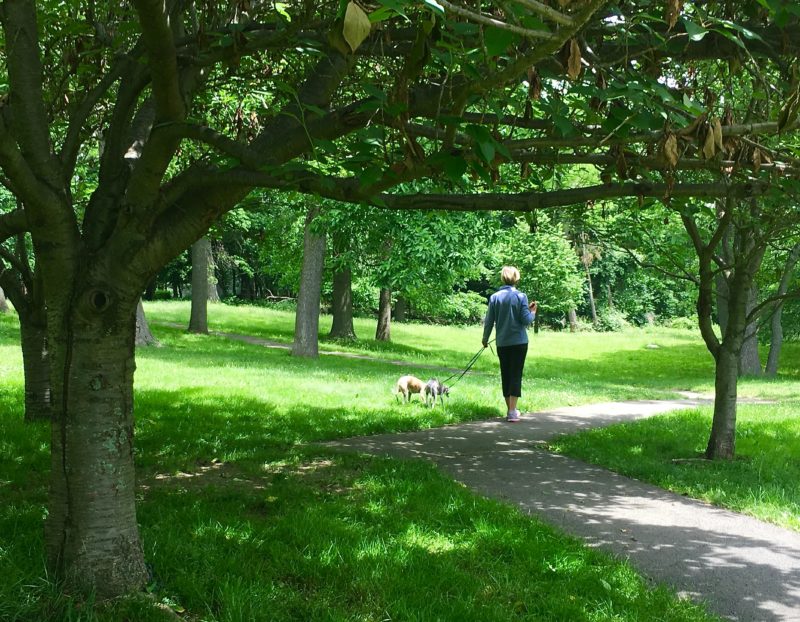
You’ve probably spent months confined to your home with little opportunity for physical interaction with others outside your family unit. Along with the isolating effects of quarantining, the pandemic has brought with it financial and health-related worries that have caused a surge in anxiety and depression. Now, we’re expected to leap back into normal activities. It’s not that simple.
Most importantly, recognize that you’re not alone in feeling worried or fearful. It’s a natural human response to feel anxious about a new and unknown environment, so give yourself time to ease into a new routine. Start with small changes — a picnic outdoors, or taking a socially-distanced walk with a friend — that will gradually increase engagement to the outside world while allaying any anxiety.
Stay Green and Use Nature as a Healer
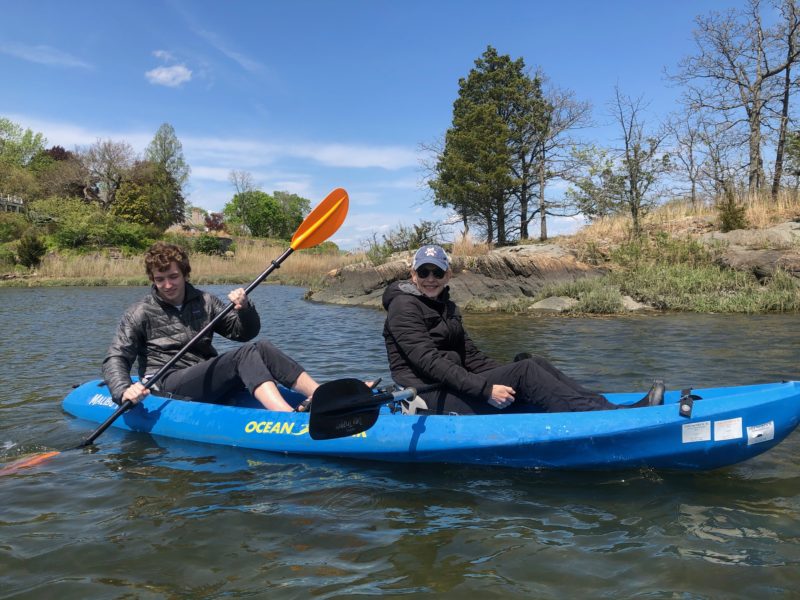
Nature is a “natural” stress reliever. Research shows that people who spend at least two hours per week in nature report better health and psychological well-being, so get outside when you can.
For ideas on where to go or what to do outside, check out the following resources:
- For nationwide trails, visit Hiking Project and All Trails directories.
- For nature-based activities, try a nature scavenger hunt or the iNaturalist app, a social network of over 750,000 scientists and naturalists where anyone can record, discuss, and share their photos of living things.
- For kids’ activities, visit the NY Department of Environmental Conservation’s Nature Activities page or Natural Start Alliance’s guide to Nature Play.
Another way to use nature’s healing properties is to focus your energy on tending to a garden (using natural landscaping techniques, of course). Don’t have a yard? Even if you live in an urban setting, there’s always space for plants in an apartment, small yard, or rooftop. And if you’re wondering what to plant, try a well-being garden to optimize the therapeutic effects of nature.
Stay Green and Healthy
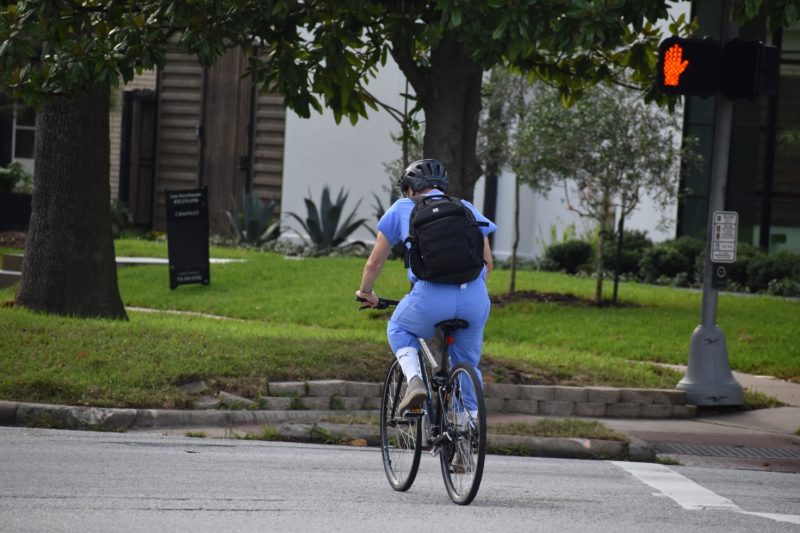
Maintaining a healthy lifestyle through regular exercise and eating a healthy diet helps mitigate anxiety. The good news is that a healthy, active lifestyle is also one that can be environmentally friendly. Our diet is a key contributor to climate change, so stay green and healthy by eating less meat and dairy products in favor of organic, plant-based meals.
You can also stay green while staying active. Instead of getting in the car to drive to the office or town, reduce the carbon footprint of your trip by biking or walking when you can. You’ll stay active while reducing the polluting effects of car emissions. If you’re in an area where public transit or bike-share is a possibility, try the Transit app to find the best possible route between destinations.
Stay Green While Engaging With Others
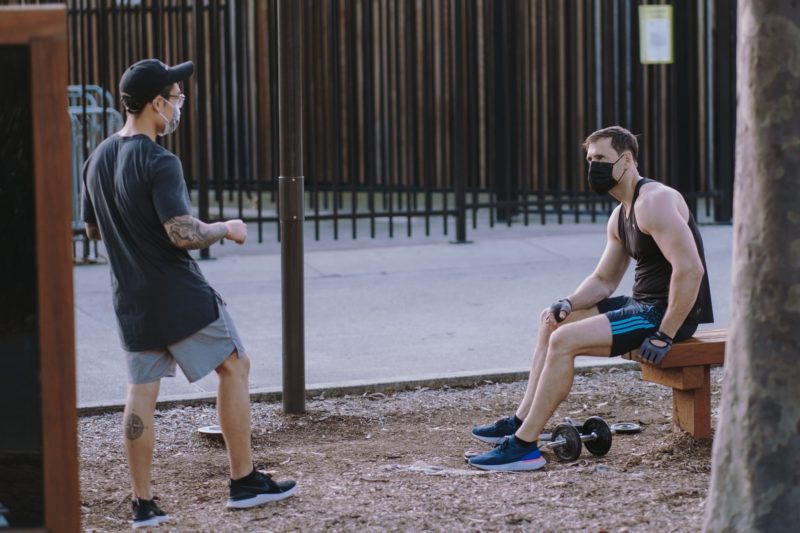
While you may not be ready to jump back into social life or meet co-workers in person, you can still engage with others. The simple act of writing a letter or calling a friend can lift spirits. The key is to stick with it and continue to make the effort to connect. Every small gesture to connect can have a therapeutic effect. As the Mental Health Foundation asserts, “strong family ties and supportive friends can help you deal with the stresses of life.”
Anxiety can be caused by feelings of helplessness. Channeling your fears into activities beyond your personal life can provide a sense of purpose and accomplishment and it’s yet another way to engage with others. In this regard, stay green by supporting and connecting with an environmental cause or green group. There are a number of ways to get involved:
- Volunteer your time, in person, or virtually. VolunteerMatch organization has thousands of volunteer opportunities across the country, many related to environmental causes.
- On a simpler, but no less important level, you can take this time to learn something new about the environment through various reputable media sources or by reading a good book. For suggestions, see Green That Life’s Best Environmental Books.
- Pledge to make a change in your life that benefits the environment. It could be reducing your use of single-use disposable items, such as plastic straws or plastic bags, or reducing food waste by learning to compost. Reduce your consumption and reuse what you have as much as possible. When you need to dispose of unwanted items, recycle, but recycle right.
Keep At It and Seek Help When Needed
Prioritize your commitment to easing yourself back into your new environment by developing a routine for self-care and connection. Recognize that your anxiety won’t disappear overnight, but if you keep at it, it’ll dissipate as you gradually acclimate to post-lockdown life. Just as you need to stick to a consistent exercise schedule to stay physically healthy, strengthening your emotional health takes time and persistence.
Sometimes the anxiety is overwhelming and professional help is needed. In such instances, consult with your general practitioner for guidance on appropriate forms of treatment.
For additional resources on how to manage coronavirus anxiety, the Anxiety and Depression Association of America has put together an Expert Tips page that provides helpful tips and strategies from ADAA mental health professionals. It also has a nationwide therapist directory you can consult for a licensed mental health provider.

